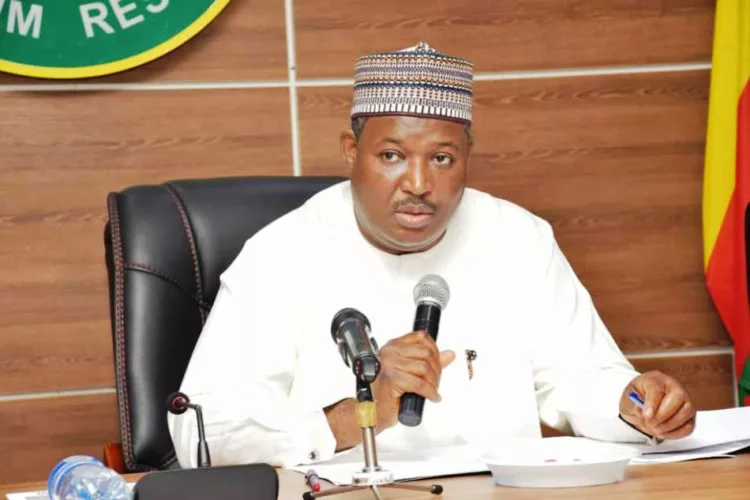The permanent secretary, Ministry of Police Affairs, Dr Sani Gwarzo, has reiterated the commitment of the federal government to implementing comprehensive police reforms to revolutionise the policing landscape by fostering inclusivity, community engagement, intelligence-driven operations and technological integration.
He stated this during the bi-monthly consultative meeting of the directors/heads, reform coordination, and service improvement at the Ministry of Education, Abuja, yesterday.
The permanent secretary said that “currently, the Ministry of Police Affairs is spearheading policy reforms and administrative initiatives aimed at bolstering the operational efficiency of the NPF and improving welfare and morale.
“In addition, the ministry is actively engaging in nationwide citizens’ town hall meetings to foster community participation in policing and secure enhanced support from critical stakeholders for policing operations.”
Sani-Gwarzo stated that the adoption of the ‘Service Compact’ with all Nigerians (SERVICOM) signals a realization that the public service could do better and needs to do better, to serve the public adequately.
In his words, “There is a confluence of goodwill across all strata from Mr. President that has written agenda that has been itemized, calculated and weighted in percentage and given the mandate to the Ministers with a term of references broken down into themes with the Head of Service that has given reforms agenda in a compendium called FCSSIP 25 and other documents to support as well as translating same into actions driven by directors”.
He said, “Most of the time it is the director’s reforms that can make or destroy the Ministry. I like that attitude of being in the first position, that is what Ahmed Bola Tinubu told us during a retreat. We must win, we must succeed, it is not negotiable”.
In her keynote address, the permanent secretary, Service Policy and Strategies Office (SPSO) office of the head of the Civil Service of the Federation, Dr Debora Odoh pointed out that directors and heads of reform coordination and service improvement in the ministries and agencies occupy a privileged position in the architecture and hierarchy of institutions implementing the ongoing reforms in the public service.





